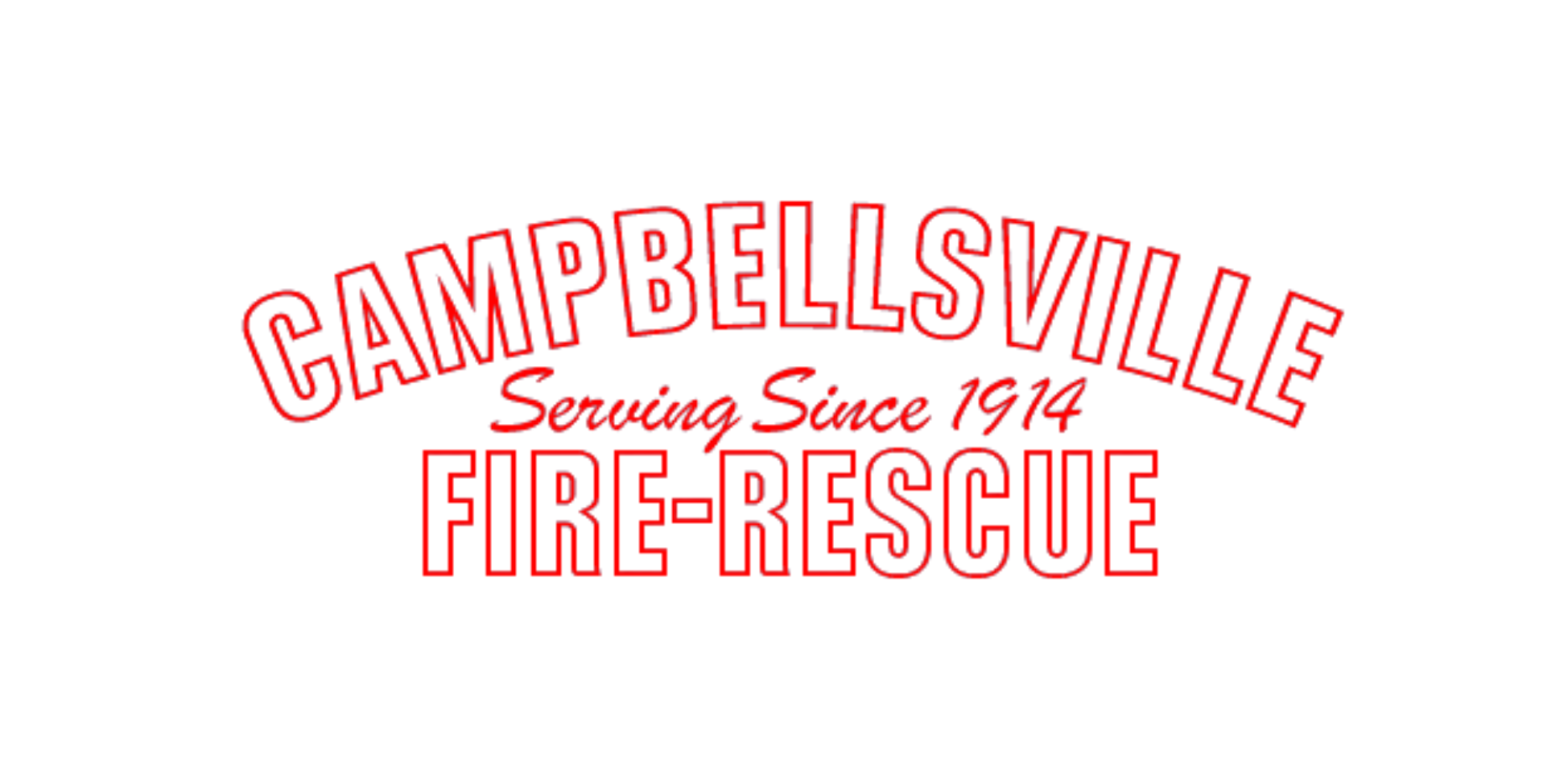You can’t see it, taste it or smell it, but low levels of carbon monoxide can make you sick, and high levels can kill.
Carbon monoxide (CO) is an invisible, odorless gas that can escape from any fuel-burning appliance, such as gas furnaces, water heaters and stoves, fireplaces, wood stoves, chimneys or space heaters. It can also be created by an automobile idling in a closed or attached garage.
Common Symptoms of CO Poisoning
-
-
Headache
-
-
-
Dizziness
-
-
-
Nausea
-
-
-
Fatigue
-
-
-
Flu-like symptoms
-
Reduce Exposure to Carbon Monoxide
- Appliances
-
- Keep gas appliances properly adjusted.
-
- Use a vented space heater.
-
- Use proper fuel in kerosene space heaters.
-
- Install and use an exhaust fan vented to outdoors over gas stoves.
-
- Open flues when fireplaces are in use.
-
- Do not idle the car inside garage.
-
- Never burn charcoal inside a home, garage, vehicle, or tent.
-
- Never use portable fuel-burning camping equipment inside a home, garage, vehicle, or tent.
-
- Make sure the doors on wood stoves fit tightly.
Professional Help
-
- Have a trained professional inspect, clean and tune up furnaces, flues and chimneys annually; repair any leaks.
-
- Choose an alarm listed with Underwriters Laboratories Inc. Look for the UL logo on the package.
Install a Carbon Monoxide Alarm
-
- Carbon monoxide (CO) alarms sound an alarm before an average, healthy adult would experience symptoms. The concentration of carbon monoxide over time poses a threat.
-
- Install at least one audible carbon monoxide alarm near your sleeping area.
If the CO Alarm Goes Off
-
- Do not panic.
-
- Press the test/silence button to temporarily quiet the alarm.
-
- Move everyone to a source of fresh air.
-
- Call 911.
-
- Leave the CO alarm where it is.
-
- Do not re-enter your home until the emergency responder has arrived, your home is aired out and your CO alarm returns to normal operation.
